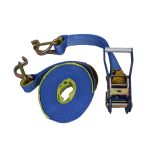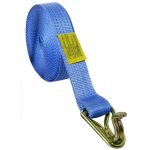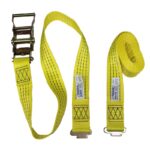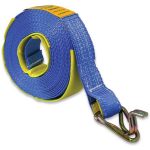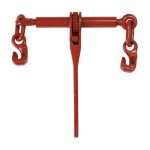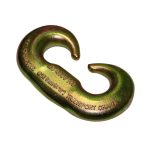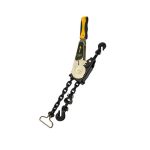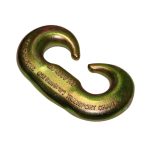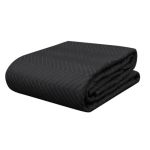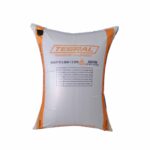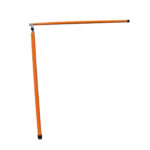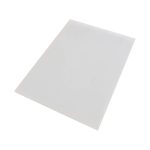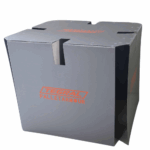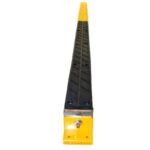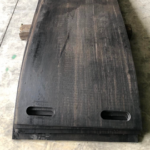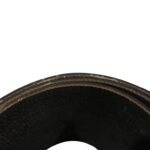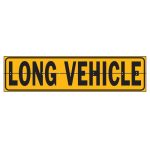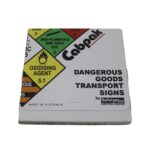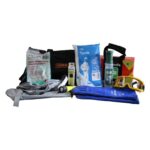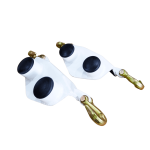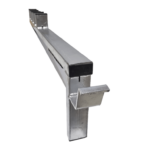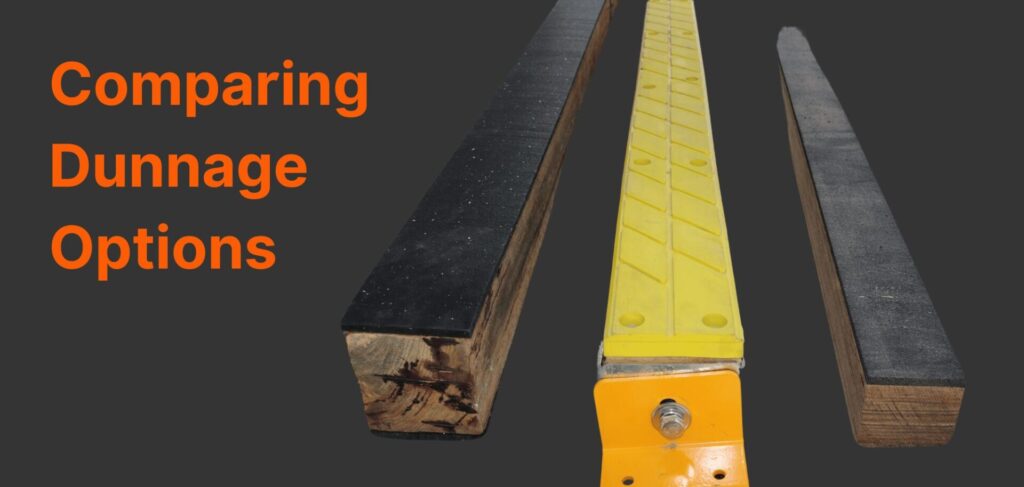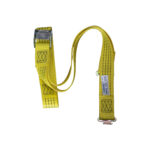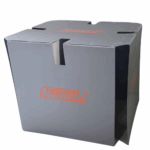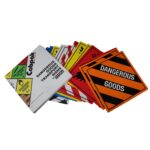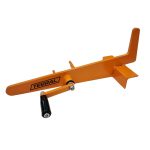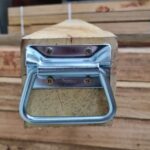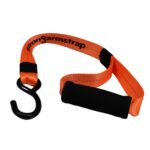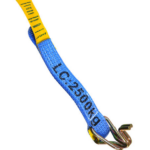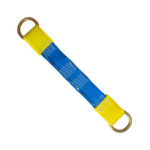When it comes to securing cargo during transit, choosing the right dunnage options for truck loads is essential for ensuring safety, minimising damage, and improving operational efficiency. From timber solutions to anti-slip mats and heavy-duty rubber, there are numerous types of dunnage available, each designed to suit specific load types and transport requirements. In this blog, we’ll explore the most popular dunnage options, including their features, benefits, and potential drawbacks, to help you make an informed decision for your truck loads.
1. LVL Timber Dunnage with Rubber
Features:
- Rubber Top & Bottom: 7mm rubber reduces load movement and prevents damage.
- Ideal Length: Comes in 1.2m sizes for easy handling.
- BlueScope Approved: Certified for LRG-56T/BSL.
- Weatherproof: Designed to withstand rain and other weather conditions.
- Consistency: Lacks the natural inconsistencies found in hardwood timber.
Pros:
✅ Durable, weather-resistant, and long-lasting.
✅ Pre-installed rubber saves time and improves friction.
✅ Lightweight, easy to handle.
✅ Cost-effective for operators looking to maximise value.
Cons:
❌ Less versatile in terms of size variations compared to natural timber.

2. BettaHaul Load Mats
Features:
- Multiple Fixing Options: Pre-drilled holes for screwing to timber or steel.
- Solid Rubber Construction: Built for longevity under heavy loads.
- Universal Compatibility: Fits standard 100mm timber or steel bearers.
Pros:
✅ Enhances friction and reduces load movement.
✅ Durable and reusable for long-term cost-effectiveness.
✅ Versatile compatibility with different bearers.
Cons:
❌ Initially Expensive

3. Hardwood Timber with Friction Mat Rubber
Features:
- Enhanced Grip: Friction coefficient of 0.6μ, ideal for securing loads like steel coils and paper reels.
- Durable Rubber Base: Crumbed rubber with green, yellow, and black particles for excellent grip.
- Customisable Lengths: Paired with 100x100mm timber cut to your required sizes.
Pros:
✅ Affordable solution for improving grip on hardwood dunnage.
✅ High friction minimises load shifting.
✅ Easy to clean and maintain with a vacuum or pressure washer.
Cons:
❌ Rubber requires proper attachment for consistent performance.
❌ May degrade over time with heavy use.

4. Hardwood Timber with Conveyor Belt Rubber
- Heavy-Duty Rubber: 2300mm x 600mm x 14mm mats with high-friction surfaces.
- Integrated Handles: Makes storage, handling, and placement easier.
- Durability: Resistant to oil, fuel, and harsh conditions.
- Protective Design: Prevents deck or machinery damage and enhances grip during transit.
Pros:
✅ Suitable for heavy-duty loads and machinery.
✅ Custom sizes available for tailored applications.
✅ Long-lasting with resistance to wear and environmental damage.
Cons:
❌ Bulky and heavier than other options.
❌ Requires significant storage space when not in use.
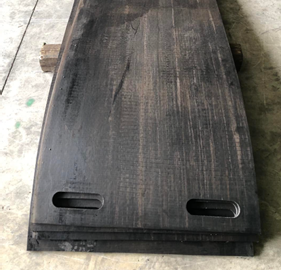
Which Dunnage is Right for You?
- For lightweight, reliable options, LVL Timber Dunnage with Rubber is ideal.
- For general-purpose grip, hardwood timber with friction mat rubber is effective and economical.
- For heavy-duty or specialised transport, conveyor belt rubber paired with hardwood timber provides unmatched durability and protection.
- For a long-lasting solution: BettaHaul will last the longest and provide consistent support.
Each type of dunnage serves a specific need. Choose based on your load, trailer type, and operational requirements to ensure safe and secure transport.
You May Also be Interested In:
Flat Webbing Slings vs. Round Slings: Which Lifting Sling Is Right for Your Heavy Loads?
LVL for Transport – Why Use it?
Corner Protection: 7 benefits for Transport and Load Security




